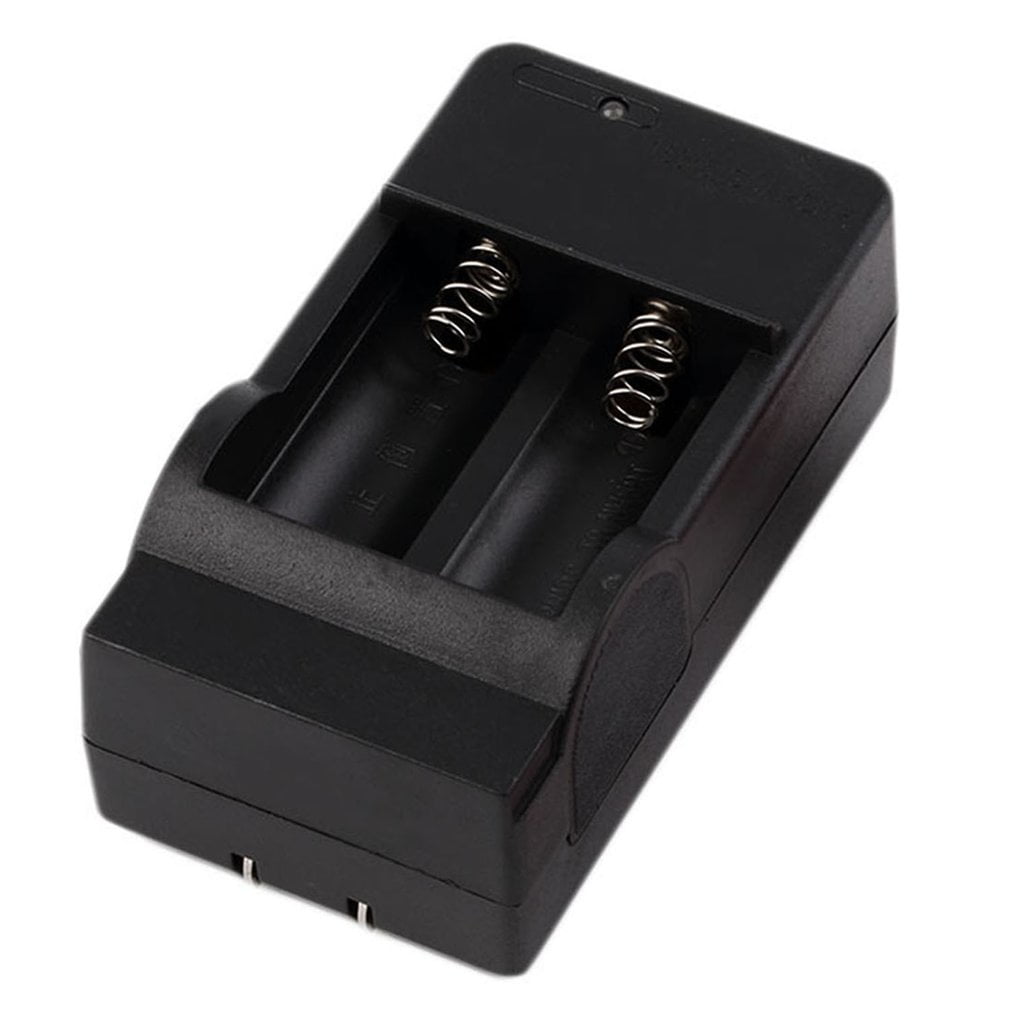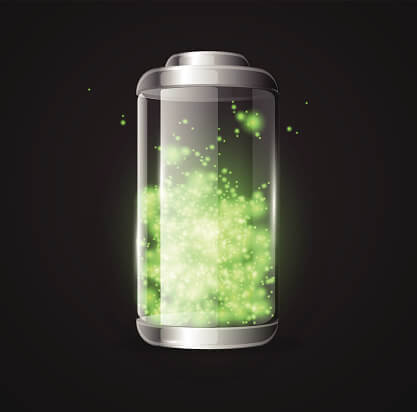


Nor were they subject to strict testing before being sold to the public, unlike other devices containing lithium batteries. Hoverboards were particularly susceptible because they were so new, there were no design standards that stipulated the use of safety measures like holes to vent excess pressure, or separators that act as a fuse and shut down the cell above a certain temperature. Major airlines banned hoverboards from commercial flights, and stores including Amazon, Overstock and Toys R Us suspended sales. The US Consumer Product Safety Commission (CPSC) is aware of over 250 incidents related to fires or overheating since 2015, when hoverboards started to become popular. Hoverboards are perhaps the most infamous example. These aren't issues that are exclusive to e-bikes - any device containing a lithium battery has the potential to catch fire, as we’ve seen with phones, laptops, and electric cars. Any device containing a lithium battery can catch fire if poorly made, damaged, or used improperly (Image credit: Ivan Marjanovic / Shutterstock)


 0 kommentar(er)
0 kommentar(er)
